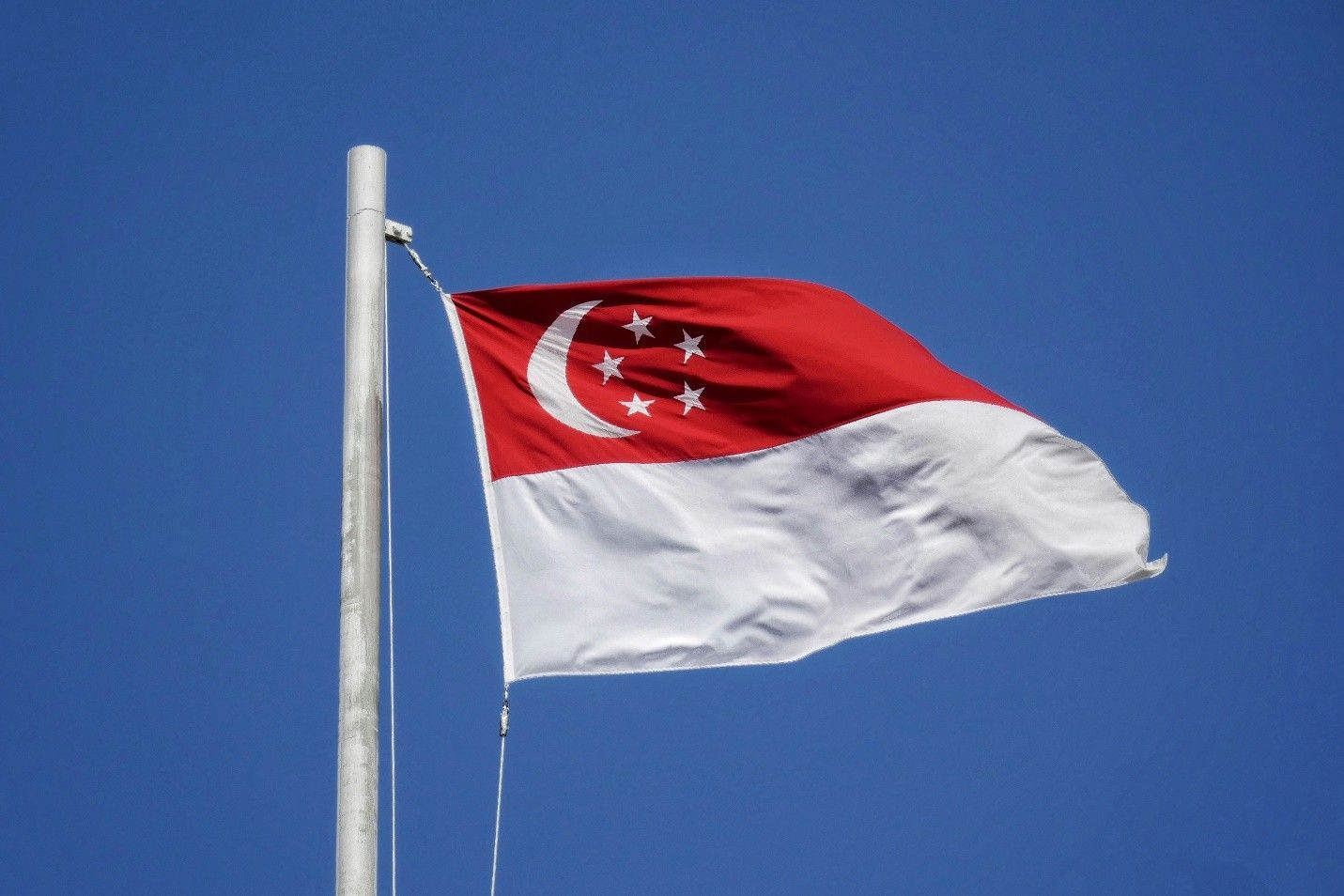
International Markets, Week in Review
Protecting advance payments from recalls
Credit professionals often require advanced payment from customers or countries they may consider high risk. However, it is important to review the documents closely to determine if there are requirements and conditions that could delay or void payment if not met.

Credit professionals often require advanced payment from customers or countries they may consider high risk. However, it is important to review the documents closely to determine if there are requirements and conditions that could delay or void payment if not met.
Why it matters: In some cases, “payment with cover” and “payment under reserve” language in a payment agreement can give a corresponding bank the right to recall the payment if the proper documents were not received. By staying informed and through careful documentation, you can avoid payment delays and additional risks.
An advance payment, a payment made ahead of the agreed schedule before goods or services are provided, is used to secure a transaction or ensure the commitment of the buyer to a deal.
In international B2B credit, a buyer may pay a portion or the full amount before receiving a product or service. It’s typically non-refundable or partially refundable, depending on the terms of the agreement. The advance serves to demonstrate commitment and may be deducted from the total cost of the product or service later.
This process may be complicated by what’s called a “payment with cover,” in which a bank requires paperwork or formalities to be completed or verified before a payment can be processed or finalized.
Another complication is when a payment is made “under reserve,” which means the payment is subject to certain conditions or requirements that need to be met before it is confirmed as executed. The payment is often held in an escrow account or reserved for a specific purpose, pending the completion of additional steps.
Required documentation could include:
- Commercial invoice: This lists the machinery, quantity and total price of the shipment.
- Bill of lading: This document serves as proof that the goods have been shipped.
- Packing list: This provides a detailed list of items shipped in each package.
- Certificate of origin: This certifies where the machinery was manufactured.
- Insurance certificate: This confirms that the goods are insured during transport.
- Inspection certificate (if applicable): This verifies the machinery meets quality standards.
Both “payments with cover” and “payments under reserve” involve a set of important documents to protect both parties and ensure that the transaction is completed smoothly. The main difference lies in whether the payment is secured by a guarantee (cover) or held back pending the completion of specific conditions.
In both cases, the accuracy and completeness of these documents are essential to ensure that the payment is finalized as agreed, minimizing risks for both the payer and the payee.
For best practice, credit professionals must ensure that all documentation is meticulously organized to avoid any potential pitfalls. Confirm whether payment is made with a cover or held in reserve. Also, assess the security of using payment in advance as a method.
Additionally, issuing a Letter of Credit (LC) can protect you from non-payment or delayed payment because the buyer’s bank will release the funds once the documents are verified.
Join the conversation: With your FCIB membership, you gain exclusive access to our private Discussion Board—a dynamic space where international credit managers share real-world strategies and ask pressing questions.
Please visit the FCIB Discussion Forum to read the details of our members’ experience on this topic and the responses from our member network and offer any advice for your own experience.





